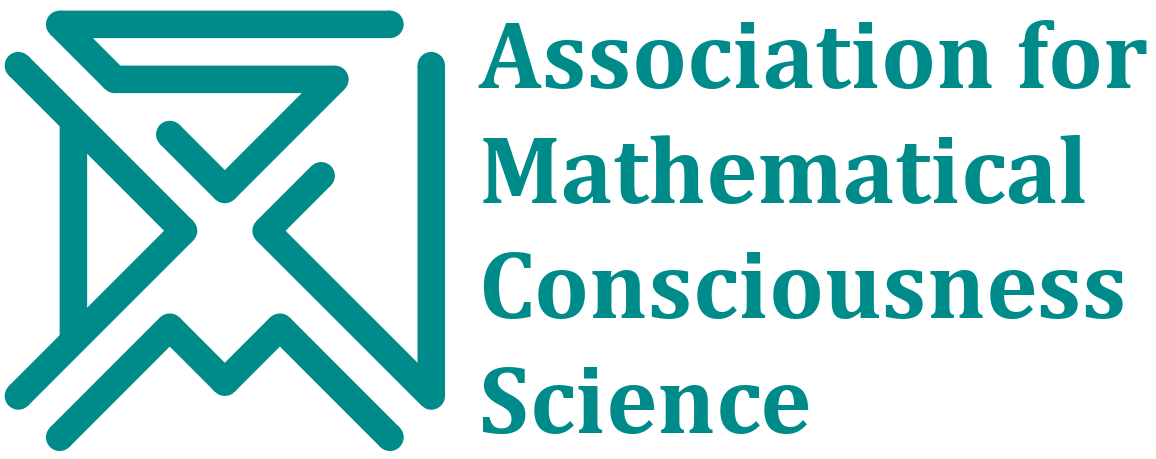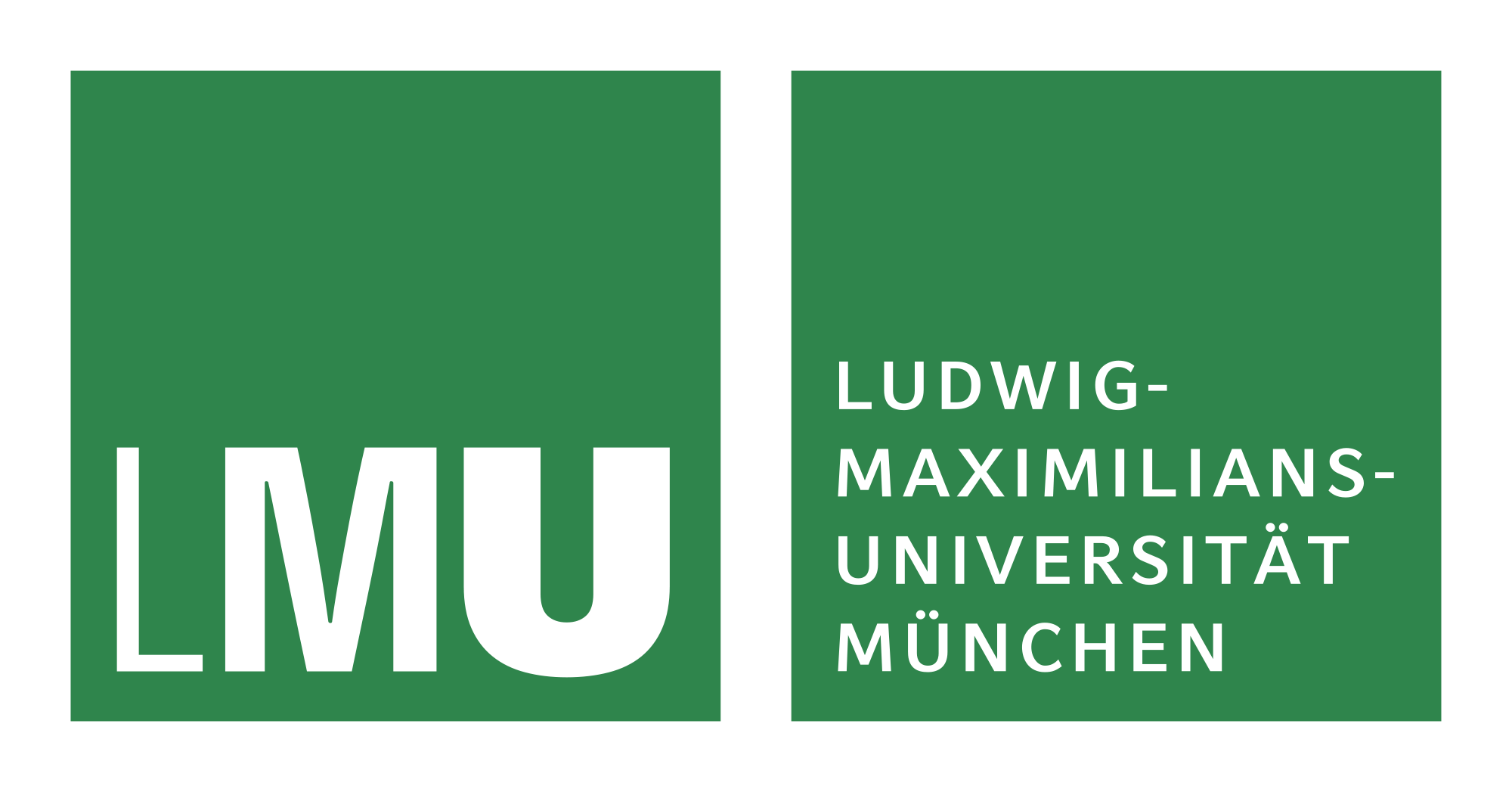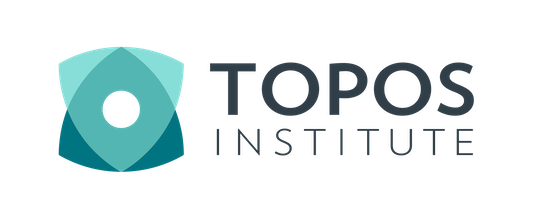Modelling Consciousness Workshop 2023
A workshop on formal approaches
to the mind-matter relation
This workshop brings together researchers who have a deep interest in questions related to the scientific study of consciousness as well as a background in formal research topics in order to discuss mathematical topics in the scientific study of consciousness and formal models of the mind-matter relation.
In contrast to typical conferences, the workshop centers on discussions in small groups to bridge the gap between critical thinking and creative brainstorming. Each discussion session is dedicated to a specific topic focused around:
Mathematical Structure of Models of Consciousness
Models of consciousness are hypotheses about how consciousness relates to the physical domain. Various different and competing models exist, for example Integrated Information Theory, Global Neuronal Workspace Theory, Predictive Processing Theory, Higher Order Thought Theory or Orchestrated Objective Reduction Theory. This workshop is intended to discuss the mathematical structure of various proposals in order to illuminate similarities or contradictions between them. The hope is that mathematical rigor might help to clearly distinguish various models of consciousness, to find new ways of comparison and possibly to derive new predictions.
Mathematical Structure of Experience Space
As hypotheses about both consciousness and its relation to the physical domain, models of consciousness need to simultaneously provide a formal description of a physical system and a formal description of experience. But what mathematical structure should the space of experience, or the space of states of experience, carry? How does mathematical structure relate to philosophical conceptions? How does it represent the phenomenology of experience?
Mathematical Frameworks for Models of Consciousness
In recent times, promising insights have emerged from the use of pure as well as applied mathematics in addressing the mind-matter relation. Methods coming from category theory, information theory, statistical physics, logic and geometry have been particularly useful in this regard. What is the current status and what are the prospects of research in this direction? Which new vistas exist, and how do these relate to philosophical and conceptual insights?
Novel Ideas for Models of Consciousness
Only a few metaphysical positions on the mind-matter relation have been expressed in formal models of consciousness. This workshop intends to provide space for the presentation and discussion of new ideas, even if preliminary, which could result in new models of consciousness.
Formalization of Experimental Constraints for Models of Consciousness
Numerous experiments have provided valuable constraints on the relation between experience and brain structure, and further promising experiments are being performed around the globe at present. The workshop intends to discuss the constraints and guiding principles that these experiments supply to the development of formal models of consciousness.
Formalization of Philosophical Concepts and Insights
The field Scientific Study of Consciousness was ignited, above all, by philosophical insights, such as Thomas Nagel's famous analysis of the states of experience referenced by the term "What it is like to be...", and concepts such as the "hard problem" and the "explanatory gap". The workshop intends to discuss how these and other philosophical analyses, questions, or insights relate to the mathematical structure of models of consciousness. Which constraints arise for model-building and how can the rich body of work in philosophy of mind be translated into mathematical language?
To lay the ground for these sessions, there will be talks given by the participants.
Date: Saturday, March 18 - Saturday, March 25, 2023
Place: Mountain Cabin, Dorfgastein, Austria
Participants: 17
Workshop fee: 300 Euros (includes accommodation, shuttle to the cabin, all meals, and nonalcoholic beverages; financial support for both workshop fee and travel expenses is available**)
The extended deadline for applications is Friday, January 20, 2023
AoE. This workshop is supported by:

Location
The workshop will take place in a beautiful, cosy mountain cabin which offers all necessary luxuries (a bath, showers, a sauna - and even a toilet). However, we want to point out that a mountain cabin is not a hotel: Accommodation will be in dorms with bunk and double beds, there are no single rooms and bathrooms have to be shared. Also, internet may not be available and possibilities for privacy are very limited. No catering is provided - all participants will be involved in preparing breakfast, lunch and dinner as well as in keeping the cabin clean. Rooms separated by gender can of course be made available. Please consider these pictures of the location to make sure you are comfortable with the sleeping arrangements. A shuttle will be provided to the nearest train station on the first and last day of the workshop.
Further Details
In contrast to usual conferences and workshops, this workshop focuses on discussion sessions in small groups. These sessions are dedicated to specific topics or questions which belong to one of the four guiding questions described above. To lay the ground for these sessions, there will be kick-off talks given by the participants (45 minutes). Their goal is twofold: First, they should serve as introductions, drawing out the question or topic and clarifying any necessary background knowledge; second, they should present one existing approach or the speaker's own thoughts on the topic.
Discussion sessions will be held in parallel. During the six full days of the workshop, 40-45 minute discussion sessions will be held on topics in the context of formal approaches to the mind-body problem. These topics will be fixed as the workshop proceeds based on the applications and on questions or ideas raised during the workshop, in order to ensure they concern those aspects of the mind-matter relation which the participants hold to be most important to discuss.
The workshop is aimed at researchers of any age who are interested in the problems discussed in contemporary consciousness studies. A background in mathematics, physics or other formal disciplines, as well as a genuine interest in the philosophy of mind, is greatly appreciated.
Participants are not necessarily required to be active researchers in the field. We look forward to applications from people who are passionate about this problem, who appreciate formal approaches to the mind-matter relation, who are open to new ideas and, most importantly, eager to engage in deep discussions. This workshop is designed so as to offer an open-minded, non-dogmatic and respectful atmosphere.
Application
Please apply via email to cabin-workshop-23@amcs-community.org. (Deadline is Friday, January 20, 2023 AoE.)
Your application should contain the following:
- A brief statement of motivation for attending the workshop (a few paragraphs).
- A proposal of at least one, maximum two questions or topics for discussion sessions. Please explain:
- Why you consider these worth discussing.
- How they fit the idea of the workshop as explained above.
A selection of topics will be made according to the interest and expertise of the participants.
Note that the proposal need not originate from your own work.
- For most discussion sessions, we will have kick-off talks given by the participants (45 minutes). Their goal should be twofold: First, they should serve as introductions, drawing out the question or topic and clarifying any necessary background knowledge; second, they should present one existing approach or the speaker's own Denkansatz (thoughts). Please specify:
- For which of your discussion proposals you would be willing to give a talk.
- An abstract of the introductory part of your talk.
- An abstract or description of the part of your talk which focuses on your own thoughts or on the existing approach. (In case you choose to present an existing approach, please specify one specific work whose main idea you find particularly relevant/enlightening w.r.t. the proposed topic and upon which you would like to base the second part of your talk.)
- Furthermore, please include the following information about yourself:
- Your current occupation and institution.
- Your main area of work and further areas of interest.
- Information about dietary requirements, allergies, etc.
- Whether you would like to apply for funding (please roughly specify the required amount for traveling).**
- Please confirm that you are okay with the sleeping conditions on a mountain cabin as described in the location section above (bunk or double beds, no personal rooms).
** Limited funding is available provided that your institution or any other third party cannot reimburse you for the workshop fee and/or travelling expenses. Since we need to plan how we can distribute our available, but limited, funding, it can only be provided if you apply for it at the time of your application.
In case of any questions, do not hesitate to contact us at cabin-workshop-23@amcs-community.org.
Organizers:
Ian Durham (Saint Anselm College)
Johannes Kleiner (Ludwig Maximilian University of Munich)
Robin Lorenz (Quantinuum)
Tim Ludwig (Institute for Theoretical Physics, Utrecht University)
Kathryn (Kate) Nave (The University of Edinburgh)
Sean Tull (Quantinuum)














